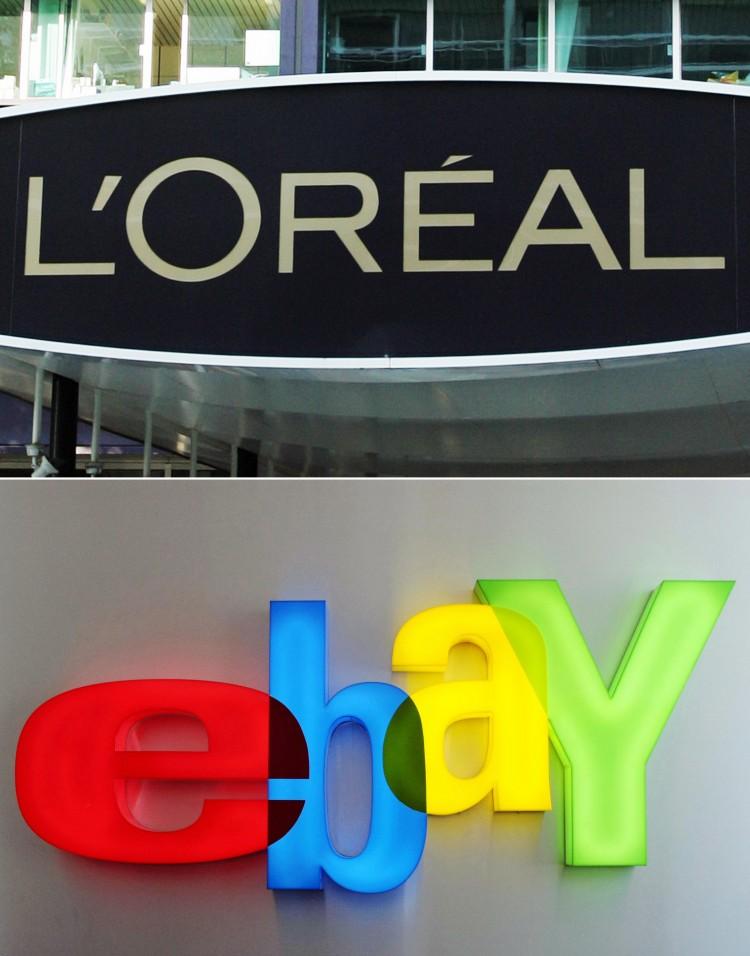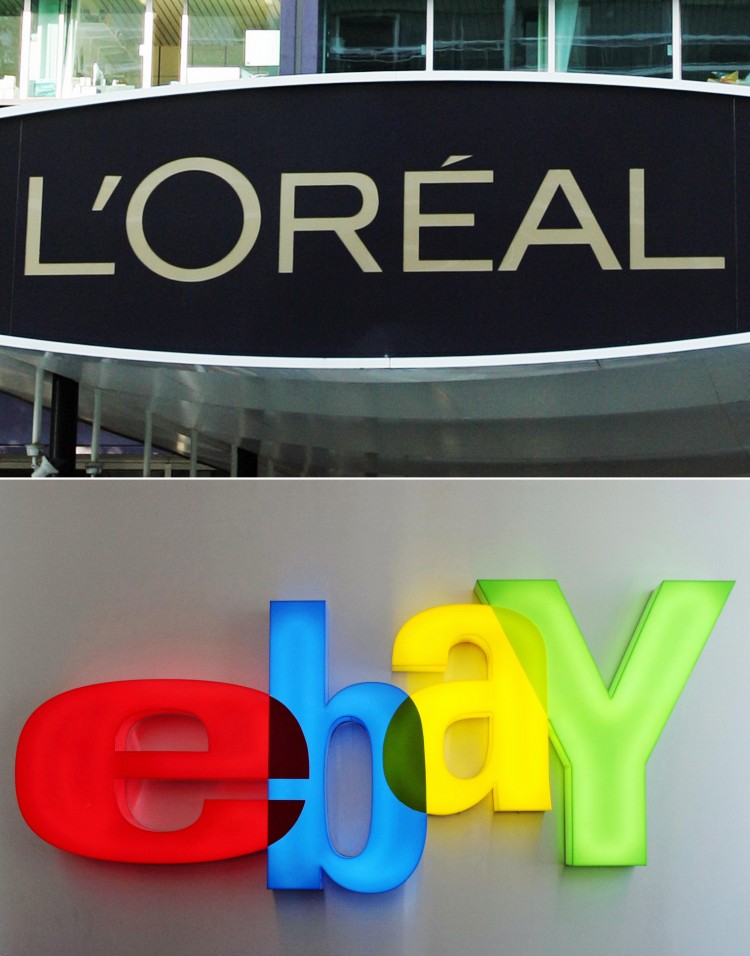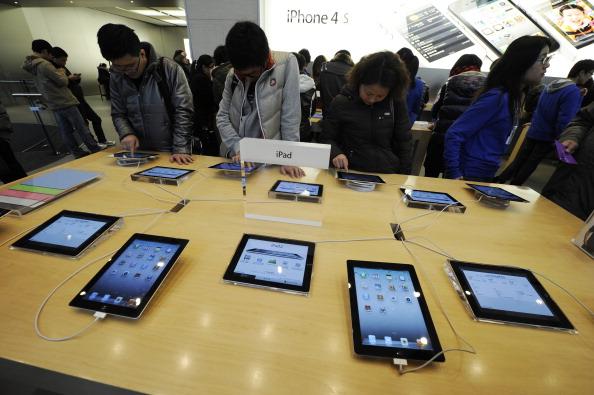Online Retailers Could Be Liable for Counterfeit Sales, Court Says
According to the European Court of Justice (ECJ) in Luxembourg, online retailers such as eBay Inc. and Amazon.com could be liable for trademark infringement if they sell counterfeit products on their sites.
|Updated:




